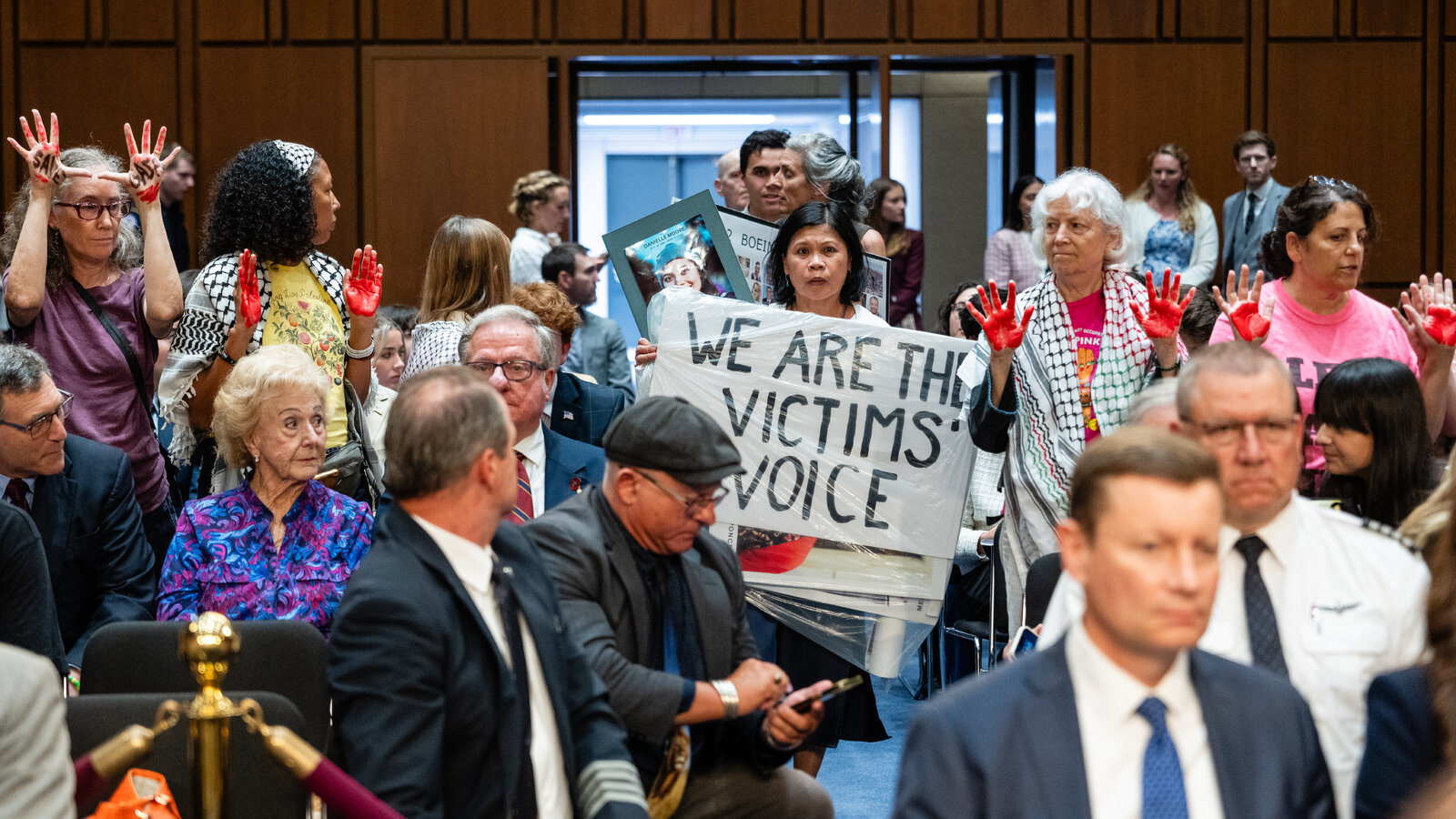In a pivotal ruling, U.S. District Court Judge Reed O’Connor rejected a plea agreement between Boeing and the Department of Justice that sought to resolve criminal charges tied to the two catastrophic crashes of the 737 Max aircraft. The crashes, which occurred in Indonesia in 2018 and Ethiopia in 2019, exposed critical flaws in the aircraft’s design and certification process, resulting in the loss of 346 lives and the grounding of the model for nearly two years.
The plea deal, reached in July, required Boeing to admit guilt for conspiring to defraud the Federal Aviation Administration (FAA) during the certification process for the 737 Max. The company agreed to pay $487 million in fines, a sum that many critics have derided as disproportionately small given the scale of the disaster and Boeing’s substantial profits. The deal also included a requirement for Boeing to operate under the oversight of an independent monitor for three years to ensure compliance with safety reforms.
Judge O’Connor’s rejection of the deal was driven by concerns over the selection process for the monitor, which he said excluded the judiciary and eroded public confidence. He criticized the Justice Department for retaining sole authority over appointing the monitor, arguing that this arrangement marginalized the court’s role in ensuring Boeing’s compliance with safety standards. The judge also pointed to shortcomings in Boeing’s adherence to a previous agreement with the Justice Department, which he said failed to address systemic safety issues within the company.
The ruling has been hailed as a victory by families of the crash victims, who have long argued that the plea deal was insufficient to hold Boeing accountable for its actions. Paul Cassell, a legal representative for several families, praised the judge’s decision, calling it a turning point for victims’ rights in cases involving corporate malfeasance. Cassell emphasized the need for a renegotiated agreement that adequately reflects the gravity of Boeing’s misconduct and establishes meaningful safeguards against future violations.
The crashes of Lion Air Flight 610 and Ethiopian Airlines Flight 302 were both attributed to a malfunction in the Maneuvering Characteristics Augmentation System (MCAS), a software feature designed to stabilize the aircraft during flight. Investigations revealed that Boeing engineers withheld critical information about the MCAS from the FAA, enabling the aircraft to enter service despite its design flaws.
Boeing has acknowledged its role in the crashes, admitting that it provided misleading information to regulators but arguing that this deception did not directly cause the accidents. In a statement submitted as part of the plea deal, the company expressed profound regret for the tragedies and reiterated its commitment to improving safety and compliance.
Critics of the deal, however, argue that Boeing’s actions constitute gross negligence deserving of far harsher penalties. They contend that the proposed fine and oversight measures do not go far enough to address the systemic issues within the company or to deter future misconduct.
The judge’s decision adds to the mounting pressure on Boeing to demonstrate genuine accountability and reform. It also raises broader questions about the adequacy of regulatory oversight in the aviation industry. The FAA, which certified the 737 Max despite its design flaws, has faced intense scrutiny for its reliance on data provided by manufacturers during the certification process. Advocates for stricter aviation safety regulations argue that the Boeing case highlights the need for systemic changes to ensure the safety of passengers and the integrity of the industry.
Boeing has not yet responded to the court’s decision. The ruling opens the door for a renegotiation of the plea deal, with victims’ families and legal advocates pushing for tougher penalties and stricter oversight measures. The outcome of this case will likely have far-reaching implications for corporate accountability and aviation safety worldwide.









